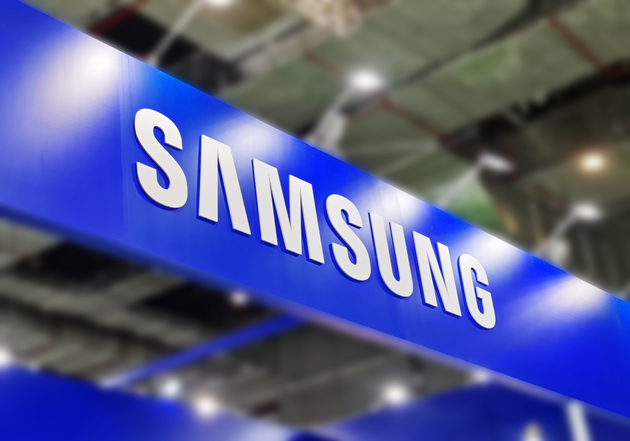
File Photo/NBD
NO.1 Samsung Electronics to Provide AI Solutions for Foundry Business
Samsung Electronics announced on June 13 that it will provide comprehensive "one-stop" artificial intelligence (AI) solutions for its foundry customers, with a focus on up-to-date technologies for high-performance, low-power AI chips. Samsung's foundry business head, Choi Si-young, said that in today's world where various technologies such as AI are rapidly developing, the key to realizing AI is high-performance and low-power semiconductors.
Commentary: Samsung Electronics' AI solutions will strengthen its foundry business competitiveness, promote the widespread application of high-performance, low-power AI chips, and accelerate the commercialization of AI technology.
NO.2 Erbium-doped waveguide laser on a photonic chip
Researchers at the Swiss Federal Institute of Technology in Lausanne (EPFL) have developed the first-ever chip-integrated erbium-doped waveguide laser. The laser is close in performance to a fiber laser and combines two practical features: "precisely tunable wavelength" and "chip-scale photonics." The breakthrough was published in the latest issue of the journal Nature Photonics.
Commentary: The advent of integrated erbium-doped waveguide lasers brings a new breakthrough to photonic chip technology, and its precise tunable wavelength characteristics are expected to open up new applications in optical communications and photonic computing.
NO.3 Study: JUN protein can slow down prostate cancer progression
According to foreign media, an international research team led by the Comprehensive Cancer Center of the Vienna Medical University in Austria has discovered that JUN protein (a transcription factor that plays a key role in cell proliferation, differentiation, and apoptosis) can slow down prostate tumor growth. Previous studies have shown that JUN protein is overproduced in cancer. Therefore, there is a correlation between tumor growth and high JUN protein levels. However, the latest study shows the opposite is true in prostate cancer: when JUN protein is present at high levels, the progression of prostate cancer does not accelerate, but rather slows down.
Commentary: The new discovery of JUN protein in prostate cancer overturns conventional wisdom and provides new research directions and potential therapeutic targets for cancer treatment.
NO.4 Observation of thermoelectric effect between two liquid metals for the first time
According to media reports, three physicists from the Sorbonne University in France successfully observed the thermoelectric effect between two types of liquid metals for the first time by placing them together and subjecting them to a thermal gradient at room temperature. The paper was published in the Proceedings of the National Academy of Sciences (PNAS) on the 10th.
Commentary: The observation of the thermoelectric effect between liquid metals brings new opportunities for the research and application of thermoelectric materials and may promote the progress of energy conversion and thermal management technologies.
Disclaimer: The content and data in this article are for reference only and do not constitute investment advice. Please verify before using.


 川公网安备 51019002001991号
川公网安备 51019002001991号





